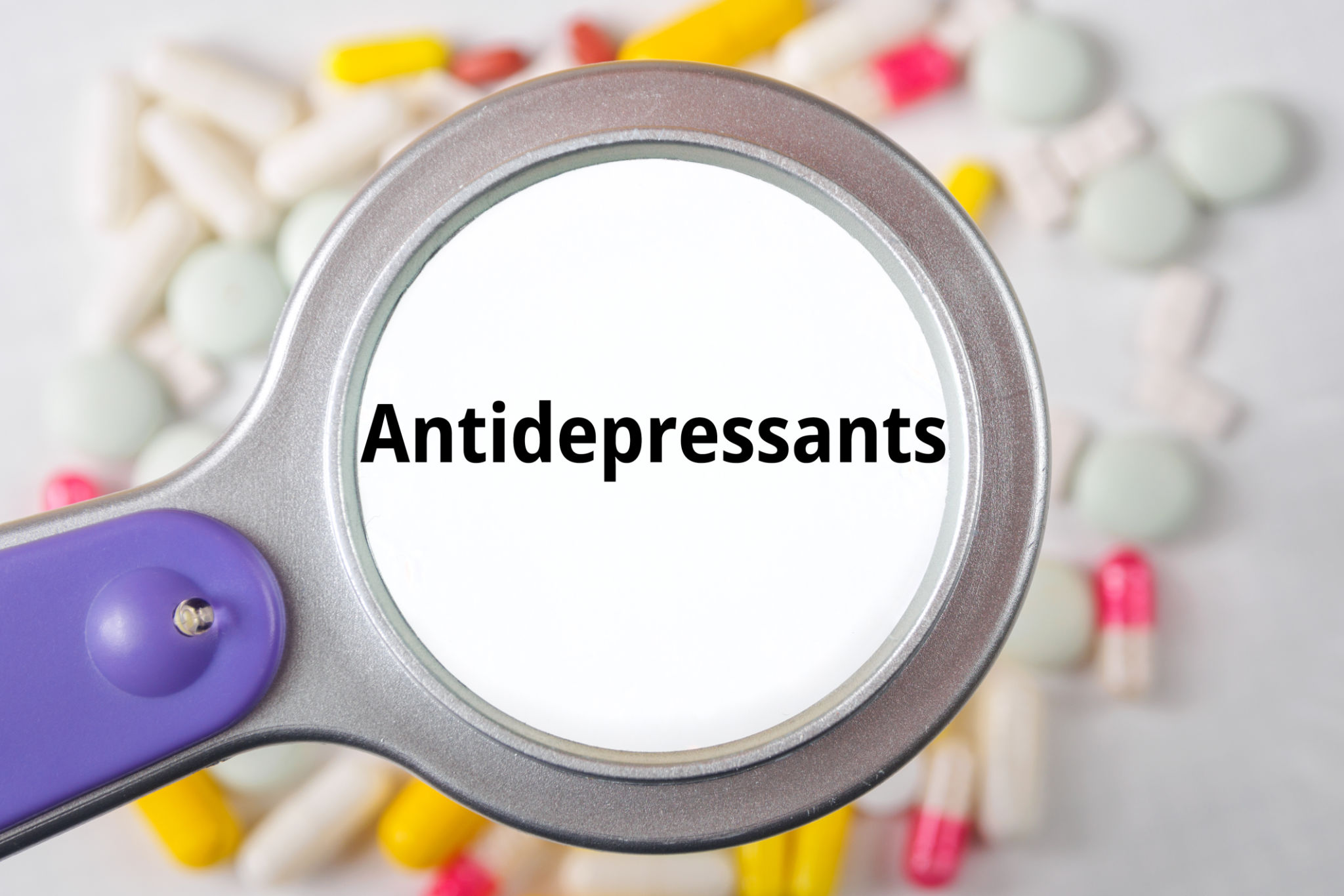Debunking Myths About Drug Testing: What You Really Need to Know
Understanding the Basics of Drug Testing
Drug testing is a common practice in many workplaces, but there's still a lot of misinformation circulating about what it entails. A drug test is not as invasive as some might think, and its primary purpose is to ensure a safe and productive work environment. It's crucial to separate fact from fiction when it comes to drug testing procedures and their implications.

Myth 1: Drug Tests Infringe on Personal Privacy
A prevalent myth is that drug testing is an invasion of privacy. However, most companies comply with legal standards to ensure the process respects individual rights. Employers are required to inform employees about the testing policy, and tests are conducted in professional settings to maintain confidentiality.
Furthermore, drug tests are typically designed to detect substances that could impair an employee's ability to perform their job safely and effectively. This focus helps prevent workplace accidents and promotes a healthy work environment.
Myth 2: All Drug Tests Are the Same
Another common misconception is that all drug tests are identical. In reality, there are several types of drug tests, each with its own purpose:
- Urine tests: The most common form, used to detect recent drug use.
- Hair tests: Used for detecting long-term substance use over several months.
- Saliva tests: Ideal for detecting recent use, typically within the past few days.
- Blood tests: The most invasive, often used in legal or medical contexts.

Myth 3: You Can Easily Cheat a Drug Test
There is a belief that drug tests can be easily manipulated or cheated. While there are products on the market claiming to help individuals pass drug tests, most testing facilities are aware of these tactics and have measures in place to detect tampering. Advanced technology and strict protocols make it increasingly difficult to alter results without detection.
Additionally, attempting to cheat a drug test can have severe consequences, including job loss or legal action, making it a risky and often unsuccessful endeavor.
The Importance of Drug Testing in the Workplace
Beyond debunking myths, it's essential to understand why employers conduct drug tests. Maintaining a drug-free workplace not only enhances safety but also boosts productivity and morale. Employees who are under the influence can pose hazards not only to themselves but also to their coworkers and the company.

Legal Aspects of Drug Testing
It's important to note that drug testing policies must adhere to federal and state laws, which vary depending on the location and industry. Employers must balance their need for a safe workplace with employees' rights, often involving legal counsel to develop compliant policies. Understanding these legal frameworks helps both employers and employees navigate the complexities of workplace drug testing.
Ultimately, being informed about the realities of drug testing can help dispel myths and foster a better understanding among all parties involved. By shedding light on these misconceptions, individuals can approach the topic with clarity and confidence.